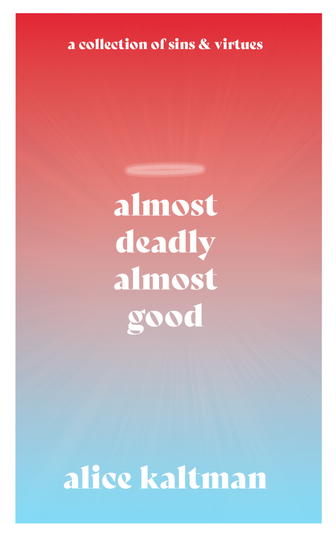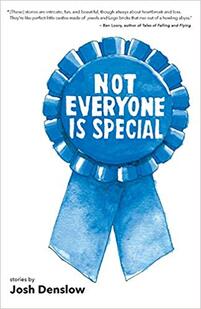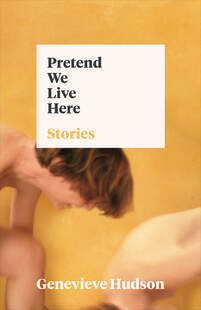“Change is the only constant,” Chelsea Stickle writes in “Worship What Keeps You Alive”, the first flash fiction piece of her chapbook. This quote perfectly encapsulates Everything’s Changing, where nothing’s as it seems. The world has changed and the possibilities are endless in Stickle’s book, but one thing is as prevalent in this book as it is in society, and that’s the struggles of women and girls. Stickle uses absurdities throughout the book to tell stories, depicting women attempting to navigate a world that doesn’t like nor respect them. The problems women face are often overlooked, but Stickle reimagines these problems and tells them in a way that’ll have readers begging for more.
0 Comments
Most of us are familiar with the concept of the seven deadly sins: gluttony, envy, wrath, lust, sloth, to name a few. Alice Kaltman embraces these sins—along with their virtuous counterparts—in her short story collection, Almost Deadly, Almost Good. She personifies the sins in her complex characters while exploring an equal number of virtues. Her stories depict the tragedies and triumphs of human nature. Characters embodying gluttony, envy, and wrath seem to be in a constant state of inner conflict and turmoil while those who practice kindness, humility, and patience have better outcomes.
While it’s typical for media to display love under rose-colored lenses, The Geography of First Kisses by Karin Cecile Davidson shows the in-betweens of romance. Davidson reveals the love, loss, and nostalgia of relationships through the use of fully realized characters and descriptive language. With each short story, the characters feel close enough to the reader’s heart that it’s easy to trick the brain into thinking the whole book was about them from cover to cover.
Each of us finds a way to cope with the hurdles and pain that life throws our way. Some turn towards their work, others to more destructive means. Then, there’s Josh Denslow. In his collection of stories Not Everyone is Special, Denslow covers a range of topics with his characters: from being a child of divorce, to being a survivor in the aftermath of a friends’ suicide, to being a little person in today’s world. His approach is to use humor not only to build up the narrative in each story, but show how people use it as a form of self-preservation and self-defense in ways that are true to real life, even when he is putting a character in a world where people have superpowers like being able to get the wrinkles out of shirts by patting them down with their hands or extending and retracting their facial hair in real time.
Genevieve Hudson captures the comfortable in the uncomfortable. Her collection of short stories, Pretend We Live Here, centers on characters looking for home in places, in people, in their own bodies. No matter where her characters roam, readers are confronted with the violence inherent to existence through her sharp-edged but haunting, sometimes even joyful, prose.
|
Archives
July 2024
Categories
All
|
|
Glassworks is a publication of Rowan University's Master of Arts in Writing 260 Victoria Street • Glassboro, New Jersey 08028 [email protected] |
All Content on this Site (c) 2024 Glassworks
|






 RSS Feed
RSS Feed
